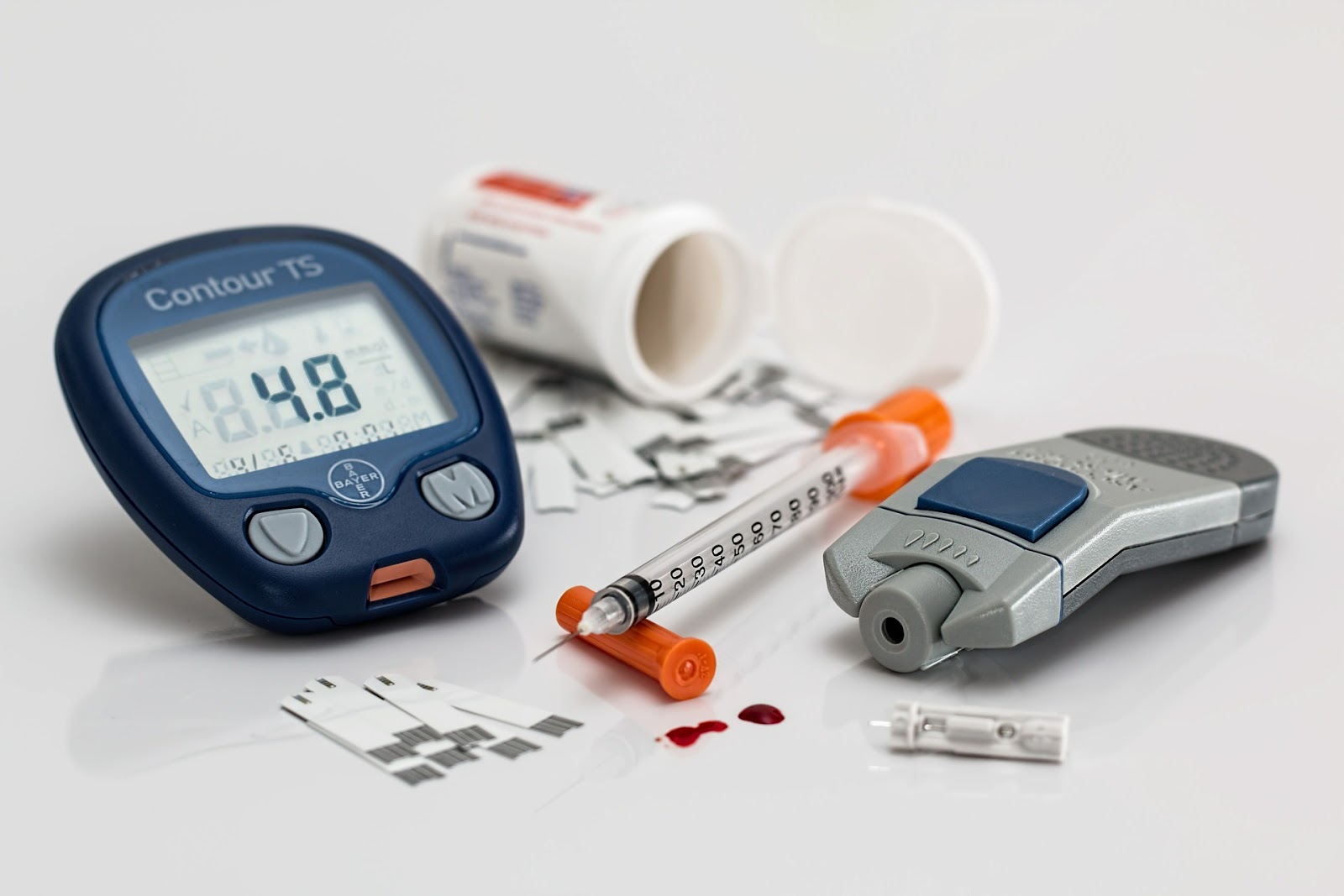Those who suffer from diabetes know they have to keep their insulin in check and thanks to the plethora of tools and apps available to monitor glucose levels, doing so is easier than ever. But there are actually some lesser-known — but equally as important — health tips that shouldn’t be overlooked in order to properly manage your condition and prevent additional complications.
1 Diabetes Can Affect Your Sex Drive
Both men and women with type 2 diabetes can experience issues with their sexual health, lower libido resulting in an inability to get an erection, and vaginal dryness. Research shows that for men, there’s more than a 50 percent chance that their issues are associated with high blood sugar. Furthermore, too much sugar can damage nerves all over the body, thus creating a condition called diabetic neuropathy. Vital nutrients are also depleted, including vitamin B12, a critical vitamin for protecting your nerves. When damage is created, it can lead to poor sensation in the sexual organs. Blood vessels can become damaged, resulting in poor blood flow to your nether regions which actually makes intercourse painful. Along with talking to your doctor, some tips to combat this problem include:
- Reducing alcohol intake
- Taking the correct antidepressants (if you’re on any)
- Getting regular sleep
- Exercising and losing weight if necessary
- Managing stress levels
- Taking supplements such as Ashwagandha (Indian Ginseng) and Gokshura to boost libido, increase testosterone and sperm count, assist with stress, and boost mood — to include feelings of sexual desire.
2 Drinking Alcohol Makes Things Worse
Bedroom problems isn’t the only reason to avoid alcohol — especially heavy consumption. While your liver is hard at work metabolising your libation, it may not pick up on the fact that your glucose levels are starting to plummet which can lead to hypoglycemia. If you take any type of diabetes medication with alcohol, you have a higher chance of having low blood glucose — especially if you’re drinking on an empty stomach. Furthermore, not only is excessive alcohol consumption dangerous because it can lead to an addiction and/or liver disease, it can reduce the effectiveness of insulin. Drinking too much can also lead to overeating which can skew blood sugar levels even further.
3 There’s A Link Between Diabetes And Osteoporosis
Although researchers don’t exactly understand why, type 1 diabetes is linked to low bone density and bone mass. One theory is that the body is insulin deficient and insulin may promote bone growth and strength — especially if diagnosed at a young age when bone mass is still developing. Research suggests that women with type 1 diabetes may be at an increased risk for fractures since nerve damage, hypoglycemia, and vision issues associated with the disease can prompt a fall. Strategies one should implement to prevent and treat osteoporosis are no different from someone without diabetes:
- Diet: Eat a well-balanced diet rich in calcium and vitamin D for bone health. Along with eating low-fat dairy products and dark green, leafy veggies, consider taking a supplement to help you meet the daily requirements.
- Exercise: Regular exercise — especially weight-bearing — helps strengthen the bones. Even simply walking, climbing stairs, and dancing can be effective. Since you’ll also be enhancing flexibility and balance, you’re less likely to fall and break a bone. Exercise also helps insulin lower blood glucose levels.
- Lifestyle: Smoking and alcohol are bad for bone health as they trigger loss due to depleted nutrition.
- Bone Mineral Density Test: A BMD test can detect osteoporosis before a fracture occurs and also predict the chances of getting a fracture in the future. Talk to your doctor about whether or not this test would be a beneficial part of your ongoing treatment plan.
- Medication: There’s no cure for osteoporosis — or diabetes, for that matter — but there are several FDA-approved drugs that help with the prevention and treatment of the condition in both women and men. Check with your doctor to find out which medication is best for you.
Managing diabetes is an ongoing process. It’s not uncommon to encounter new symptoms or issues as you get older. Be sure to be completely open and honest with your doctor so that you can receive proper treatment.
Photo Credit: Pixabay

